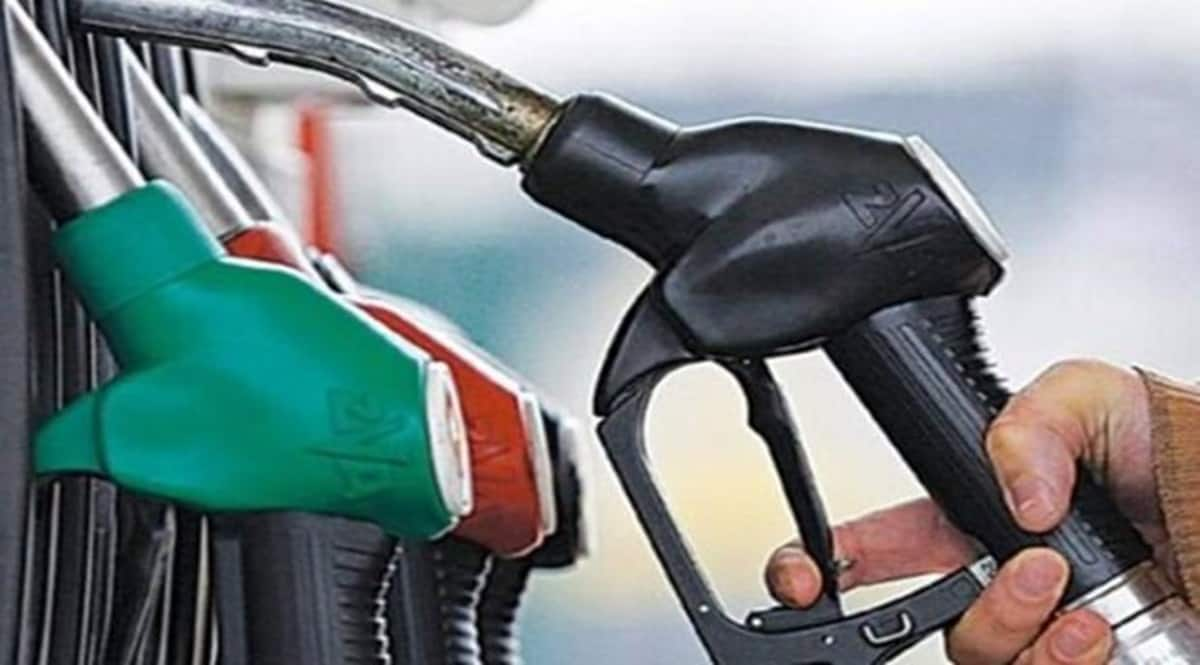Minister for petroleum and natural gas Hardeep Singh Puri on Monday urged private fuel retailers to behave like “good corporate citizens” amid reports of a hike in retail prices of petrol and diesel by Jio-bp and Nayara following the “universal service obligations” imposed on all retail fuel outlets last week. The government’s move was aimed at ensuring uninterrupted supply of petrol & diesel even in remote areas and came in the backdrop of shortages witnessed in many states.
Asked how the government viewed the private retailers’ demand for government support to pare losses incurred on retail sales, the minister told FE: “Let them be good corporate citizens.”
Though retail price of petrol, and diesel in the country are unregulated, tacit government controls prevent oil firms such as Bharat Petroleum, Hindustan Petroleum and Indian Oil from aligning the retail prices with the global crude prices, especially in periods when crude turns costlier.
PSU firms, which have nearly 90% market share, have not changed retail prices since April 6, resulting in accumulation of under-recoveries.According to the USO norms, retail fuel outlets will have to maintain supplies throughout the “specified working hours and of specified quality and quantity” and sell the fuels at “reasonable prices.”
Petrol is currently being sold at Rs 96.72 per litre in Delhi and diesel at Rs 89.62 per litre. These prices are below the trade-parity prices that takes into consideration import cost of crude.
“It’s a very difficult situation for the private retailers. When you are mandating USO, the price has to be in line with the market trend and input costs. They are not selling petrol and diesel in most outlets because of under recoveries. The situation will continue until and unless prices are aligned with the input costs,” said Sanjay Sah, partner, Deloitte.
Jio-bp and Nayara have increased the price of petrol and diesel by between Rs 5-7 per litre at their retail outlets since Friday. Analysts said the companies cannot decline supply of essential commodities, hence the best option for them is to supply fuels at a higher prices.
Private retailers had written to government to look in the issue of under recoveries of auto fuel which forced them to cut supplies to their retail outlets. These retailers were incurring losses of around Rs 700 crore each per month and were on the verge of closure.
To overcome the under-recoveries private refiners increased exports to Europe and the US, where they are making $14-$15 per barrel margins on refined products from Ural/Russian crude oil.
Refinitiv, a financial data provider, said India’s crude imports from Russia surged to an all-time high of 1.26 MT in April, from a monthly average of about 320,000 tonne before the conflict. “We expect India to continue increasing their purchases of Russian oil,” it added.
The short supply by private retailers led to shortage of auto fuel in several states where their presence was high, especially in Rajasthan, Madhya Pradesh, and Gujarat. In Rajasthan, fuel retail outlets run by private companies cater to 15-17% of the fuel demand. Out of the 6,475 pumps in the state, 1,275 belong to private companies. Similarly, private companies own 500 out of the total 4,900 pumps in Madhya Pradesh.
According to the government, PSU oil companies have geared up to tackle these issues by increasing stocks at depots and terminals. They have deployed more trucks to serve retail outlets and depots, and terminals have resorted to extended working hours, including at night to cater to the extra demand according to the petroleum ministry. The state-run oil marketing companies have also assured adequate product availability and supplies across their networks.
Prashant Vashisht, vice president-corporate ratings oil and gas at Icra said the government diktat to private refiners and retailers to maintain minimum supply of auto fuel at all their retail outlets, including in the far-flung districts of the country will achieve limited success. Private retailers have increased fuel prices which is likely to deter customers, he said. The retailers are free to do so since the petroleum prices are unregulated. “Domestic refiners – state-run and private – continue to export to developed markets owing to healthy crack spreads on fuels due to recovery in demand,” Vashisht said. The private refiners are also selling to PSU oil marketing companies at the refinery gate prices, he said.
Sale at the refinery-gate happens at international prices of the refined products, which means private refiners can make higher margins from bulk sales to state-run firms, than via retail sales.
As the fastest-growing private fuel station network in India, Nayara Energy has over 6,500 petrol pumps in India and over 1,200 pumps in various stages of commissioning. The company plans to have a network of over 8,200 petrol pumps by 2024, covering national and state highways as well as rural areas. Jio-bp has a countrywide network of nearly 1,400 pumps and Shell has nearly 200 pumps in India.
Analysts say Jio-bp accounted for 95% of India’s diesel exports to Europe in April. As per data by research firm Rystad, India’s diesel exports into Europe hit 230,000 barrels per day in March, which was a multi-year high, it fell to 120,000 barrels/day in April and slumped to 40,000 barrels/day in May. However, since then exports to Africa and elsewhere have increased. Industry sources believe exports to Africa could be re-routing of products to Europe at lower margins.

Leave a Reply